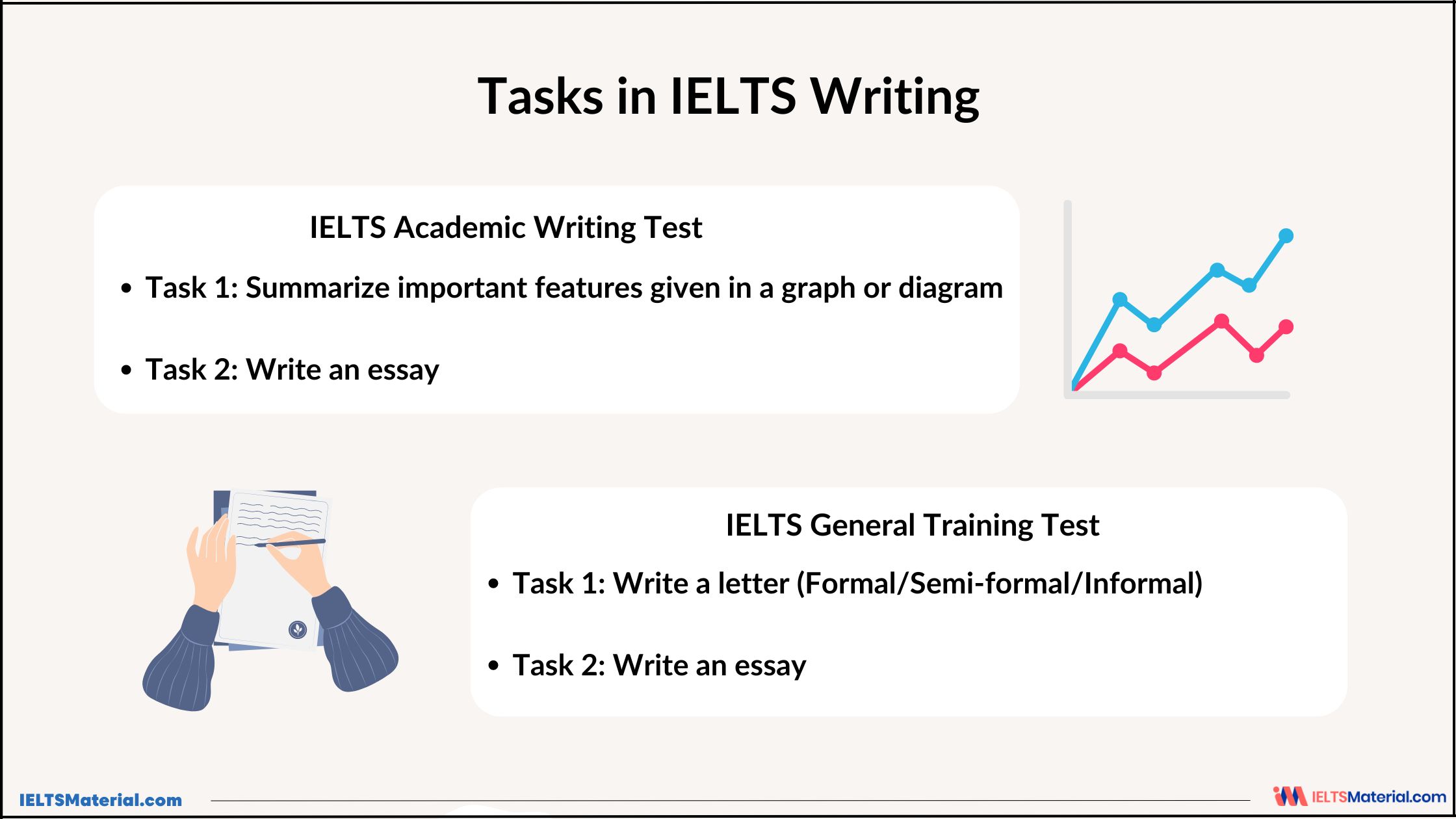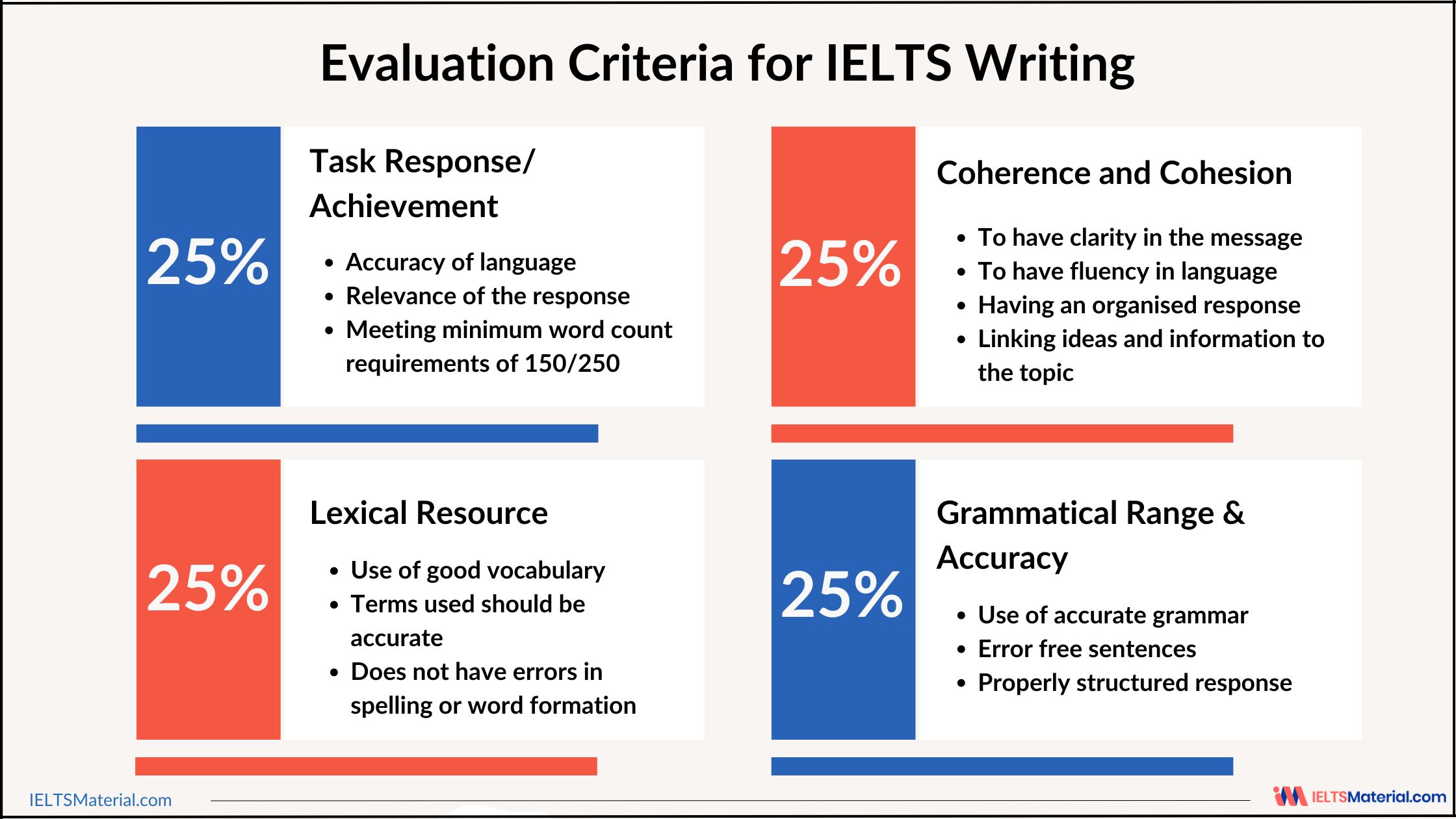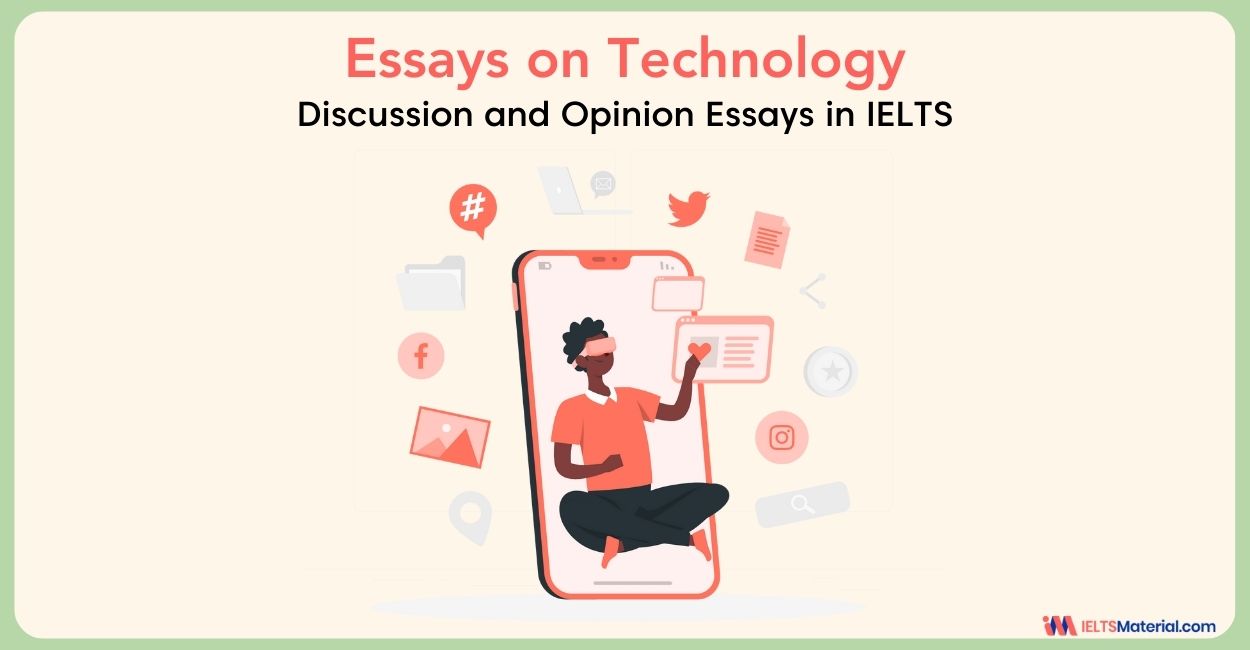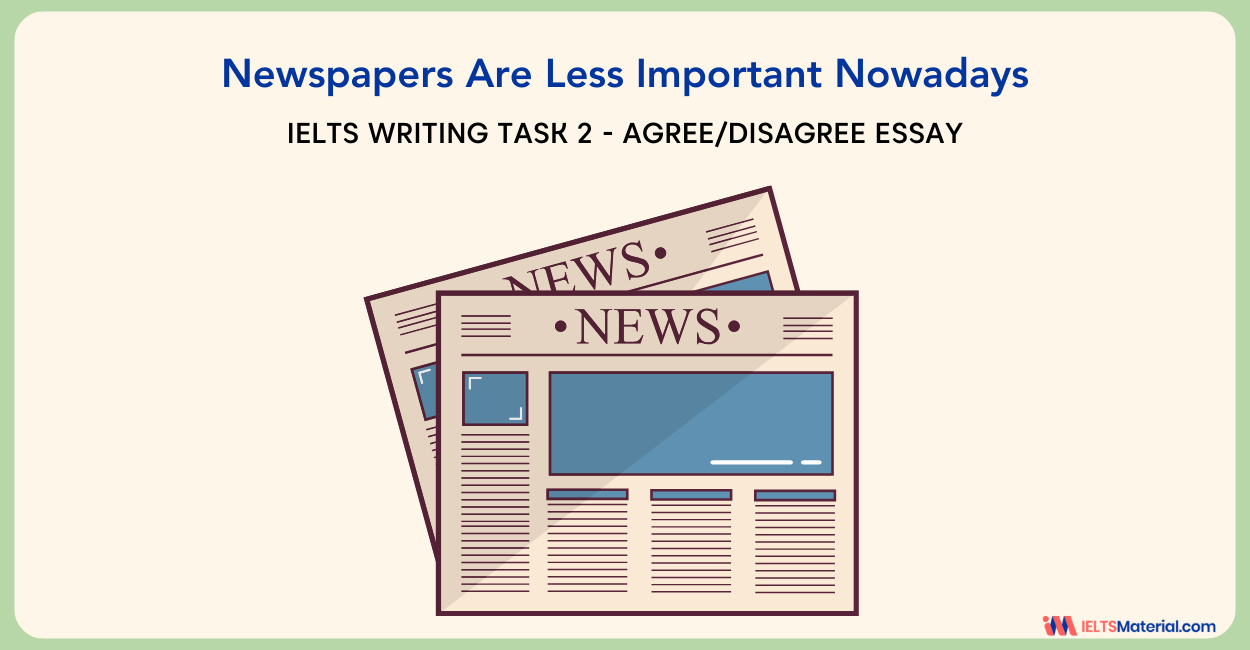IELTS Writing
-
Copy link

Try AI Essay Checker for Instant Band Score
“Check out this ultimate guide on the IELTS Writing test and master the tips shared here to improve IELTS writing practice and achieve the top writing band score!“
Among the four modules of the IELTS exam, IELTS Writing is considered to be the most challenging. But there is nothing to worry about! With the right preparation, candidates can ace it.
This blog will break down everything you need to know about the IELTS Writing test - the different task types, the exam format, and most importantly, some key tips to keep in mind on exam day.
Understanding IELTS Writing
The IELTS Writing test evaluates the candidate's ability to produce written responses in an academic or semi-formal/neutral style.
- It consists of two compulsory tasks, each focusing on a different skill.
- The total duration of the IELTS Writing exam is 60 minutes.
- Since Task 2 has a higher weight than IELTS Writing Task 1 in the IELTS writing module, candidates should allot 40 minutes for Task 2 and 20 minutes for Task 2.
- There is a specific word limit for each task. While Task 1 has to be of at least 150 words, the minimum word limit for Task 2 is 250 words.
Depending on whether an applicant is taking the IELTS General (for employment/migration) or the IELTS Academic (for university admission), the IELTS Writing module differs.

IELTS Writing: Academic
The Writing test in IELTS Academic consists of two tasks.
- In Task 1, candidates will be given one visual representing data, such as graphs, charts, or diagrams, connected to an academic subject. They need to summarize the main points and provide an overview of the data in their own words.
- IELTS Writing Task 2 involves writing an essay in response to a point of view, argument, or problem.
IELTS Writing: IELTS General
Similar to IELTS Academic, the Writing section in IELTS General Training comprises two tasks.
- IELTS General Writing Task 1 involves writing a letter based on a given situation.
- Task 2 requires candidates to write an essay in response to a point of view, argument, or problem. Topics are of general interest and candidates have to discuss a point, share their opinion or explain the cause and effect of a phenomenon.
Having struggles in crafting your IELTS writing essays? Book a FREE Demo!
IELTS Writing Question Types
As mentioned above, Task 2 is similar for both IELTS Academic and General Training, the task and the question types vary for these two types of IELTS exam. While the Task 1 questions assess the ability to present information in a clear, coherent, and organized manner, Task 2 questions evaluate the ability to formulate and develop ideas coherently and appropriately.
IELTS Academic Writing Task 1
The IELTS Writing Task 1 Academic focuses on visual data representation. The types of IELTS Writing Task 1 questions are:
- IELTS table chart
- IELTS bar chart
- IELTS Writing Task 1 - Line graph
- IELTS pie charts tips and strategies
- IELTS Map Diagram
- IELTS Process diagram
- Combination (Mixed) charts
IELTS General Training Writing Task 1
The General Writing Task 1 of the IELTS tests the candidate’s ability to write in an every day, functional manner. The question types include:
- IELTS General Writing Task 1: Sample Formal Letters
- IELTS General Writing Task 1: Sample Semi-Formal Letters
- IELTS General Writing Task 1: Informal Letters
IELTS Writing Task 2
It is an essay writing task and the types of essays that are most commonly given in the exam are:
- IELTS Opinion Essay
- IELTS Agree and Disagree Essays
- IELTS Discussion Essay Topics (with or without opinion)
- IELTS Problem Solution Essays
- IELTS Advantage and Disadvantage Essays
- IELTS Direct Question Essay/ Two-Part Question Essay
Calculation of the IELTS Writing Band Score
Answers to these tasks are evaluated on the basis of certain criteria, namely, Task Achievement (Task 1)/Task Response (Task 2), Coherence & Cohesion in IELTS Writing, IELTS Lexical Resource and IELTS Grammatical Range & Accuracy. Each criterion carries equal weight, and the overall writing band score is given on a scale from 0 to 9.

As previously noted, writing task 2 has double the weight of writing task 1. So, the total IELTS Writing score for a candidate who scores 8 on Task 2 and 6 on Task 1 is 8.0*(2/3)+(6.0)*1/3=7.
Achieving a high band score requires addressing the task effectively, organizing ideas logically, using a wide range of vocabulary accurately, and demonstrating grammatical control.
IELTS Writing Preparation Resources
We're providing you with resources in both visual and written formats that’ll come in handy during your IELTS Writing preparation.
Firstly, some of the most watched videos on our channel:
- Understanding IELTS Writing Task 1 ACADEMIC in 20 Minutes
- IELTS 2023 General Writing Task 1 (COMPLETE) with BAND 8+ SAMPLE LETTERS
- IELTS Writing Task 2 - How to Write a Perfect Essay Introduction?
- IELTS Writing Task 2 - How to Write Body Paragraphs in an IELTS Essay?
- IELTS Writing Task 2 - How to Write a CRISP Essay Conclusion?
Secondly, check all the books that’ll be helpful for your preparation:
- Comprehensive IELTS Writing (General) Band 8 Preparation Course
- Complete Edition of IELTS General Writing: Connecting Dots to Words for a Band 8
- Comprehensive IELTS Writing (Academic) Band 8 Preparation Course
- IELTS (Academic) Writing Actual Tests eBook Combo (January-June 2024) [Task 1+ Task 2]
Finally, explore the IELTS Writing examples and IELTS Writing practise papers:
- Actual Tests in 2013 & Band 8.0+ Sample Essays
- Practice Test 17 & Band 8.0 Sample Essay
- Recent Actual Test in India - January 2017 & Sample Essays
- Test in 2019 with Band 8.0 Model Essay
- Recent IELTS Writing Test (Task 1 & 2) with Band 8 Sample
- Recent IELTS Writing Test (Task 1 & 2) with Sample Answers
- All Useful IELTS Writing Lessons & Websites
7 Tips for Success in IELTS Writing
Candidates can implement the IELTS Writing exam tips given below to structure their answers for IELTS Writing practice tests as well as during the exam to achieve their desired IELTS band score in writing module.
- Always make sure you look over the questions carefully and answer all of the points.
- It is important to remember the word limit. If you write less than 150 words for Task 1 and less than 250 words for Task 2 on the IELTS Writing test, you will score lower.
- Allocate enough time for planning, writing, and reviewing your responses during practice sessions to improve efficiency during the actual test.
- Your responses should always be written out in full rather than in bullet points. Separate your major ideas into separate paragraphs. By doing this, the examiner can evaluate how effectively you can organize your points.
- Do not concentrate on coming up with long and complex answers. Write with thoughtful organization, coherence, and clarity. Verify that your grammar is perfect.
- Your answers will be graded by the examiners based on how well you conveyed yourself in your writing. So, there are no correct or incorrect answers.
- Correct spelling is essential. IELTS accept spellings that follow American, British, and Australian norms.
Ready to boost your IELTS Writing skills? Enroll in our IELTS Online Classes now!
Common Mistakes to Avoid in IELTS Writing
You must be aware of the common mistakes that many IELTS candidates make to avoid them. Take a look at the list below and find effective strategies to avoid them.
- Off-Topic Responses: Stay focused on the given topic and avoid deviating from the task requirements.
- Ignoring Task Instructions: Pay close attention to specific instructions, such as including key features or comparing data, in Task 1 responses.
- Check for mixup errors: Avoid mixing tenses or singular and plural nouns. Always check your work twice for this frequent error.
- Neglecting Proofreading: Allocate sufficient time for IELTS Writing tasks to review and edit your essays for grammatical errors, punctuation mistakes, and coherence issues before submitting.
Mastering the IELTS Writing section requires a combination of language proficiency, strategic approach, and consistent practice. By understanding the test format, refining writing skills, and avoiding common errors, candidates can improve their chances of achieving their desired band scores and pursuing their academic or professional aspirations in English-speaking environments.
Moreover, if you need any sort of guidance, feel free to interact with our IELTS experts or be a part of IELTS webinars.
Additional Reads
Frequently Asked Questions
What's the difference between the General Training Writing module and the Academic Writing module?
Are IELTS Writing questions repeated?
Why should I paraphrase the IELTS Writing question?
Should I count the number of words I have written for the IELTS Writing answers?
What will happen if I don’t write 150 or 250 words?
Do I need to provide citations or references in my IELTS Writing essays?
Can I use personal pronouns (I, we, you) in Task 2 essays?
What should I do if I run out of time during the IELTS Writing test?
Is it acceptable to write in a different style or tone than the one provided in the prompt for Task 2?
Should I write in British or American English for the IELTS Writing test?
Explore IELTS Writing
Recent Articles


Haniya Yashfeen

Kasturika Samanta

Nehasri Ravishenbagam


